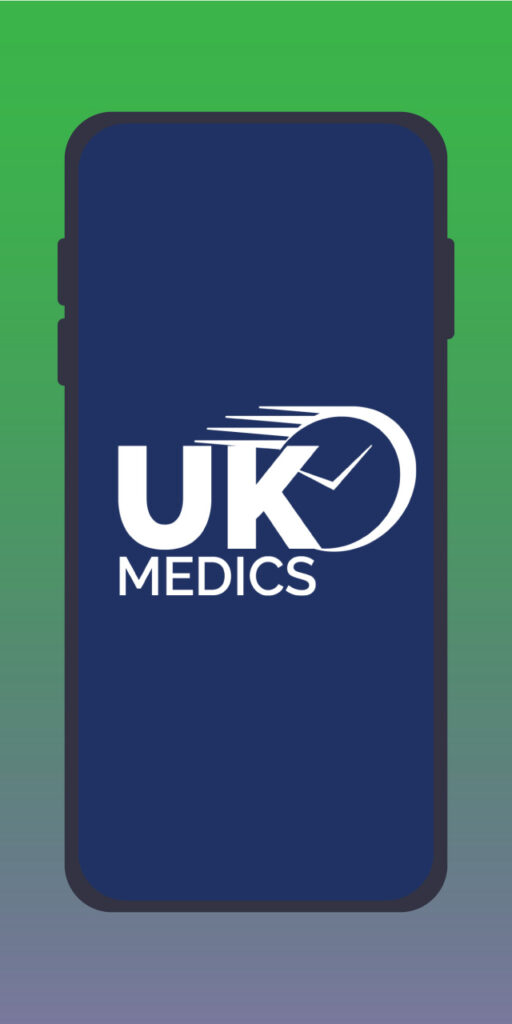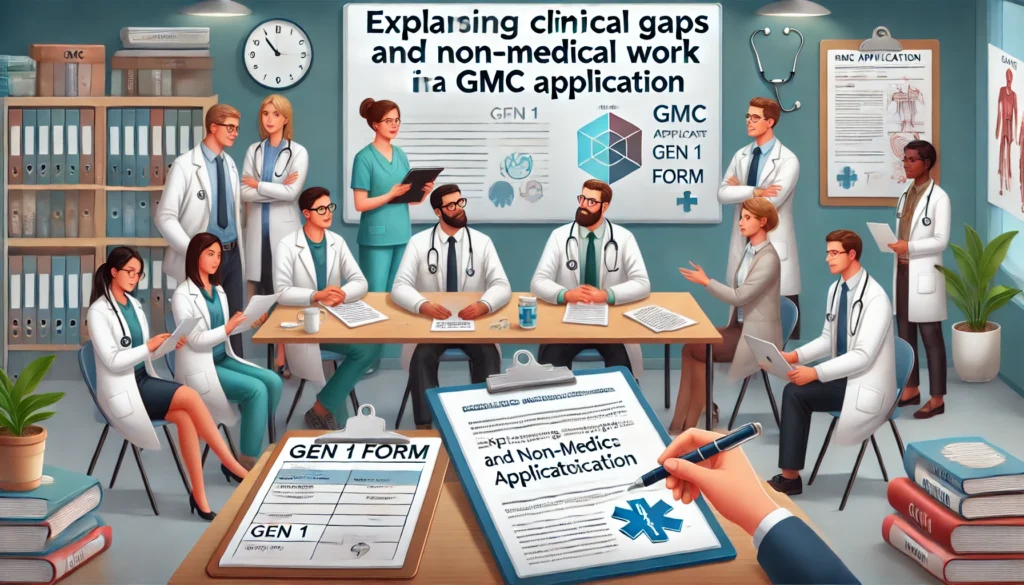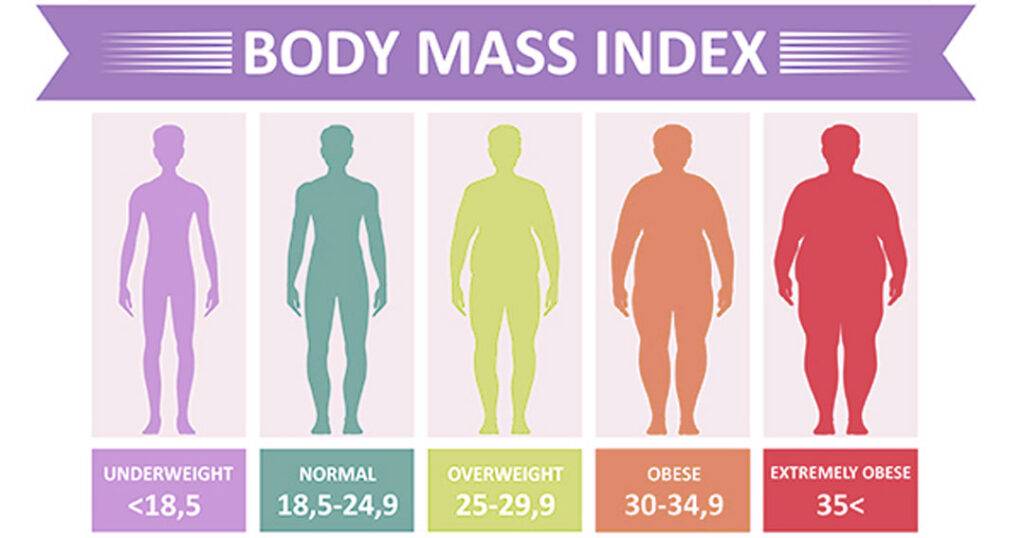Moving to the UK as an International Medical Graduate (IMG) is an exciting journey with significant financial responsibilities. From exam fees to living costs, underestimating expenses can lead to stress and setbacks. This guide will break down the costs, explore scholarships and loans, and provide actionable tips to help you manage your finances effectively during this transition.
Why Financial Planning Is Crucial
The journey to practising medicine in the UK involves multiple steps, each with its own costs. Without a clear financial plan, you may struggle to cover essential expenses like exams, visas, and accommodation.
- Key Takeaway: Proper budgeting ensures you stay on track and avoid unnecessary financial strain.
- Good News: With careful planning, you can manage these costs and focus on achieving your goals.
Breakdown of Costs for IMGs
Understanding the key expenses will help you prepare financially. Here’s a detailed breakdown:
1. Exam Fees
- PLAB 1 & 2: £245 each (£490 total).
- USMLE Steps: Approximately $1,000–$1,500 per step.
- IELTS/OET: £170–£385 (IELTS) or £455–£587 (OET).
2. GMC Registration Fees
- Provisional Registration: £253.
- Complete Registration: £406.
- EPIC Verification: $130 (account setup) + $100 per document verified.
3. Visa and Immigration Costs
- Health and Care Worker Visa: £247 (principal applicant) + £625 (per dependent).
- Immigration Health Surcharge (IHS): £624 per year.
4. Travel Expenses
- Flights: £400–£800 depending on location.
- Initial Stay in the UK: Budget £1,000–£2,000 for accommodation, food, and transport upon arrival.
5. Living Costs
- Rent: £600–£1,200/month depending on location.
- Utilities, Food, and Transport: £300–£500/month.
Pro Tip: Use the UK Medics app to estimate your expenses based on specific circumstances.
Scholarships, Loans, and Financial Aid Options
There are various and approachable ways to ease the unavoidable financial burden of moving to the UK:
1. Scholarships and Grants
- British Council Scholarships: Available for doctors from Commonwealth countries.
- Chevening Scholarships: Fund leadership-focused programs, including medical training.
- Hospital-Specific Bursaries: Some NHS trusts offer financial support to IMGs.
2. Education Loans
- Local Banks: Many banks offer education loans tailored for medical professionals.
- International Loan Providers: Companies like Prodigy Finance specialize in funding international students.
3. Financial Aid for Refugees
- If you’re a refugee doctor, contact organizations like Refugee Doctors UK for grants and fee waivers.
4. Employer Sponsorship
- Some NHS trusts reimburse visa and GMC fees if you secure a job before moving.
Important Note: Always check eligibility criteria and deadlines for scholarships and loans.
Tips for Managing Expenses During the Transition Period
Managing your finances wisely can make the transition smoother. Here are some practical tips:
1. Create a Detailed Budget
- List all expected expenses and allocate funds accordingly.
- Include a buffer for unexpected costs (e.g., emergencies or delays).
2. Prioritize Essential Expenses
- Focus on exam fees, GMC registration, and visa costs first.
- Delay non-essential spending until you’re financially stable.
3. Save on Accommodation
- Opt for shared housing or short-term rentals initially.
- Use platforms like SpareRoom or Gumtree to find affordable options.
4. Minimize Travel Costs
- Always book flights in advance to secure cheaper rates.
- Use public transport instead of taxis to save money.
5. Leverage Free Resources
- Use free study materials for PLAB/USMLE preparation.
- Attend free webinars and workshops offered by organizations like UK Medics.
Common Challenges and How to Overcome Them
Challenge 1: Unexpected Delays
- Solution: Build a contingency fund to cover exam delays or visa processing.
Challenge 2: High Living Costs
- Solution: Choose smaller cities with lower rent and living expenses.
Challenge 3: Limited Income During Transition
- Solution: Consider part-time work or clinical attachments to supplement your income.
Summary of Key Takeaways
- Cost Breakdown: Factor in exam fees, GMC registration, visas, travel, and living expenses.
- Financial Aid: Explore scholarships, loans, and employer sponsorship options.
- Expense Management: Create a budget, prioritize essentials, and save where possible.
- Leverage Tools: Use resources like the UK Medics app to streamline financial planning.
Take Action Today!
Planning your finances doesn’t have to be overwhelming. By breaking down costs, exploring aid options, and managing expenses wisely, you’ll be well-prepared for your journey to the UK.
Now it’s your turn!
- Have you started budgeting for your move? Share your tips in the comments below.
- Download the UK Medics app for personalized financial guidance and cost estimates.
- Share this post with fellow IMGs who might find it helpful.
Together, let’s make your transition to the UK as smooth and stress-free as possible!










